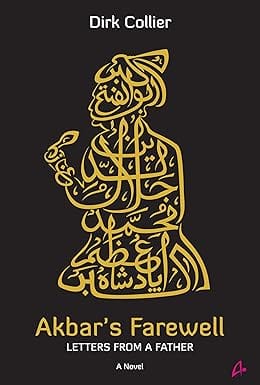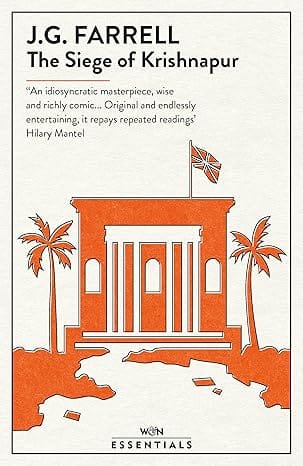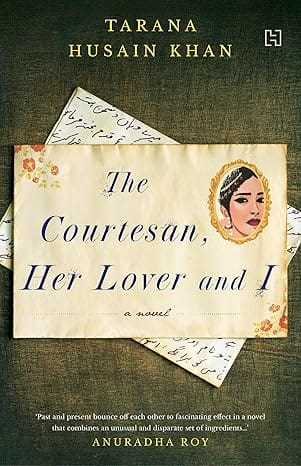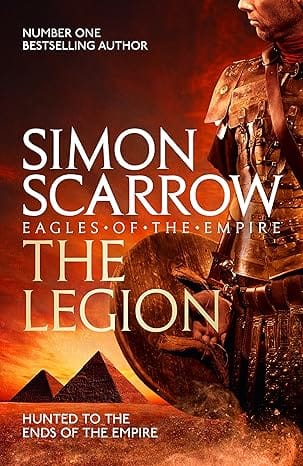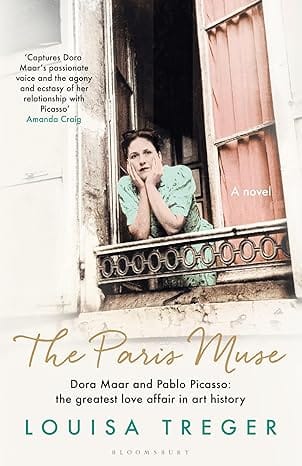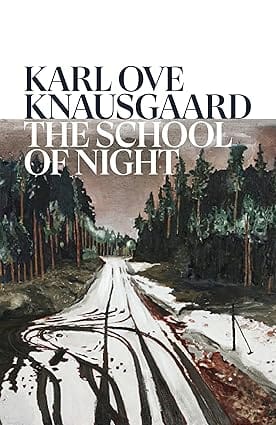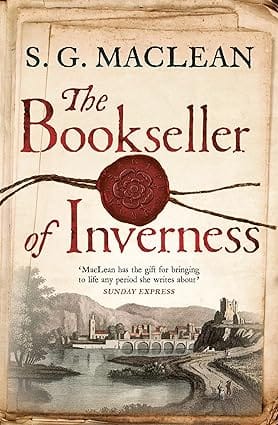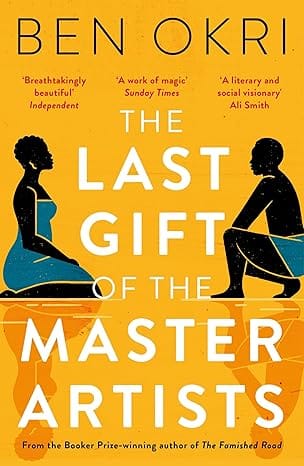WELCOME TO MIDLAND BOOK SHOP!
SHOP FOR
- Non-ficton
- Non-ficton
- Contemporary Fiction
- Contemporary Fiction
- Children
- Children
- Comics & Graphic Novels
- Comics & Graphic Novels
- Non-Fiction
- Non-Fiction
- Fiction
- Fiction
Shop No.20, Aurobindo Palace Market, Hauz Khas, Near Church +91 9818282497 | 011 26867121 110016 New Delhi IN
Midland The Book Shop ™
Shop No.20, Aurobindo Palace Market, Hauz Khas, Near Church +91 9818282497 | 011 26867121 New Delhi, IN
+919871604786 https://www.midlandbookshop.com/s/607fe93d7eafcac1f2c73ea4/69591829db7aed90e0608dfb/without-tag-line-480x480.png" [email protected]9789355438034 678a490ae33433002b70a6e0 Akbars Farewell Letters From A Father https://www.midlandbookshop.com/s/607fe93d7eafcac1f2c73ea4/678a490ae33433002b70a6e8/71wnreljbgl-_sy385_.jpg 9789355438034
Akbar the Great (1543-1605), the greatest of the Mughal emperors of India, was not only the most powerful and wealthiest monarch of his time, but undoubtedly, also the most enlightened one. A firm proponent of universal tolerance and religious freedom for all, he welcomed to his court, representatives of all religions known to him: Muslims, Hindus, Jains, Parsis, Jews, and even Jesuit priests from the Portuguese settlements in Goa. At a time when Europe found itself plagued by bloody religious wars, he succeeded in unifying the various creeds of Hindustan under his victorious banners, and created the strong Mughal Empire that still amazes us with the splendour of its art and architecture. Akbar's Farewell offers ample food for thought on fundamental issues that preoccupy the world: love and duty; power and justice; and fundamentalism against diversity and tolerance. Admirably researched and written in a magnificently evocative, compelling prose, it narrates the true story of Akbar's life and times, his swift and spectacular rise to absolute power, often against overwhelming odds, and his remarkably modern vision of a prosperous, diverse and tolerant Hindustan, against the backdrop of his eventful personal life, his relationship with his favourite wife, and tragic conflict with Salim (Jahangir), his only surviving son and bitter rival. Much more than a brilliantly written, moving historical novel, this book offers a unique historical perspective on the heart and soul of the Indian subcontinent.
About the Author
Truth, my son, is like a beautiful diamond. It is one; yet it has thousands upon thousands of facets, colours, aspects, reflections. Every person who honestly seeks the truth will have something important to say to you, but remember that no one will ever possess it entirely.' DIRK COLLIER (b. 1956 in Antwerp, Belgium) owns a personal library of several thousand books in nine different languages, on history, philosophy, art and religion. His passion for Asian culture and history has been aroused as a result of his frequent travels throughout the continent, predominantly China and India. Pr
in stockINR 799
1 1
Email ID already exists!
Your Current password is incorrect
Password Updated Successfully
Thanks for your Feedback
- Home
- Fiction
- Historical Fiction
- Akbars Farewell Letters From A Father
Akbars Farewell Letters From A Father
ISBN: 9789355438034
₹799
₹999 (20% OFF)SIZE GUIDE
Sold By: Hauz Khas - Aurobindo Market
Details
- ISBN: 9789355438034
- Author: Dirk Collier
- Publisher: Amaryllis
- Pages: 600
- Format: Paperback
Book Description
Akbar the Great (1543-1605), the greatest of the Mughal emperors of India, was not only the most powerful and wealthiest monarch of his time, but undoubtedly, also the most enlightened one. A firm proponent of universal tolerance and religious freedom for all, he welcomed to his court, representatives of all religions known to him: Muslims, Hindus, Jains, Parsis, Jews, and even Jesuit priests from the Portuguese settlements in Goa. At a time when Europe found itself plagued by bloody religious wars, he succeeded in unifying the various creeds of Hindustan under his victorious banners, and created the strong Mughal Empire that still amazes us with the splendour of its art and architecture. Akbar's Farewell offers ample food for thought on fundamental issues that preoccupy the world: love and duty; power and justice; and fundamentalism against diversity and tolerance. Admirably researched and written in a magnificently evocative, compelling prose, it narrates the true story of Akbar's life and times, his swift and spectacular rise to absolute power, often against overwhelming odds, and his remarkably modern vision of a prosperous, diverse and tolerant Hindustan, against the backdrop of his eventful personal life, his relationship with his favourite wife, and tragic conflict with Salim (Jahangir), his only surviving son and bitter rival. Much more than a brilliantly written, moving historical novel, this book offers a unique historical perspective on the heart and soul of the Indian subcontinent.
About the Author
Truth, my son, is like a beautiful diamond. It is one; yet it has thousands upon thousands of facets, colours, aspects, reflections. Every person who honestly seeks the truth will have something important to say to you, but remember that no one will ever possess it entirely.' DIRK COLLIER (b. 1956 in Antwerp, Belgium) owns a personal library of several thousand books in nine different languages, on history, philosophy, art and religion. His passion for Asian culture and history has been aroused as a result of his frequent travels throughout the continent, predominantly China and India. Pr
User reviews
NEWSLETTER
Subscribe to get Email Updates!
Thanks for subscribing.
Your response has been recorded.

India's Iconic & Independent Book Store offering a vast selection of books across a variety of genres Since 1978.
"We Believe In The Power of Books" Our mission is to make books accessible to everyone, and to cultivate a culture of reading and learning. We strive to provide a wide range of books, from classic literature, sci-fi and fantasy, to graphic novels, biographies and self-help books, so that everyone can find something to read.
Whether you’re looking for your next great read, a gift for someone special, or just browsing, Midland is here to make your book-buying experience easy and enjoyable.
We are shipping pan India and across the world.
For Bulk Order / Corporate Gifting
 +91 9818282497 |
+91 9818282497 |  [email protected]
[email protected]
Click To Know More
QUICK LINKS
ADDRESS
Midland Book Shop - Hauz Khas
Shop No.20, Aurobindo Palace Market, Near Church, New Delhi
Shop No.20, Aurobindo Palace Market, Near Church, New Delhi

